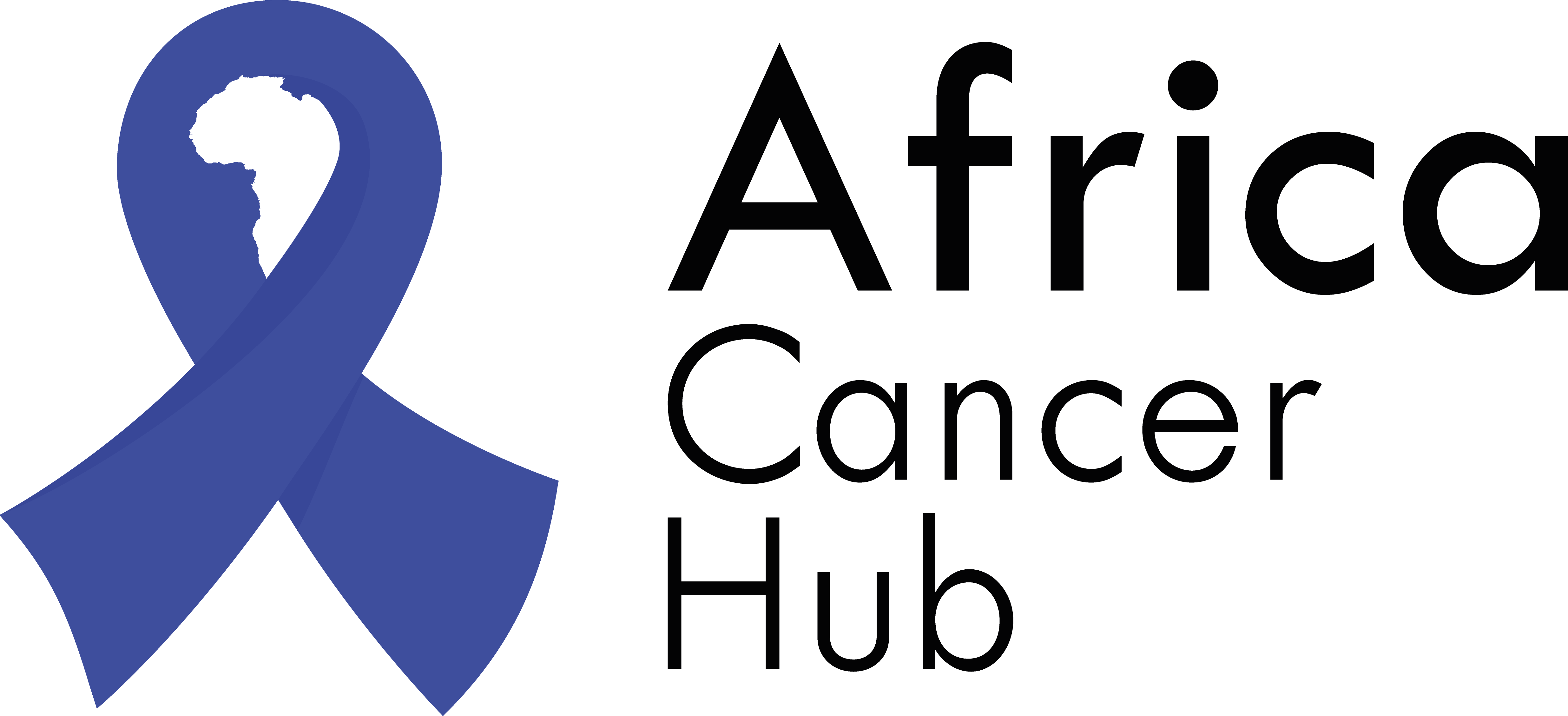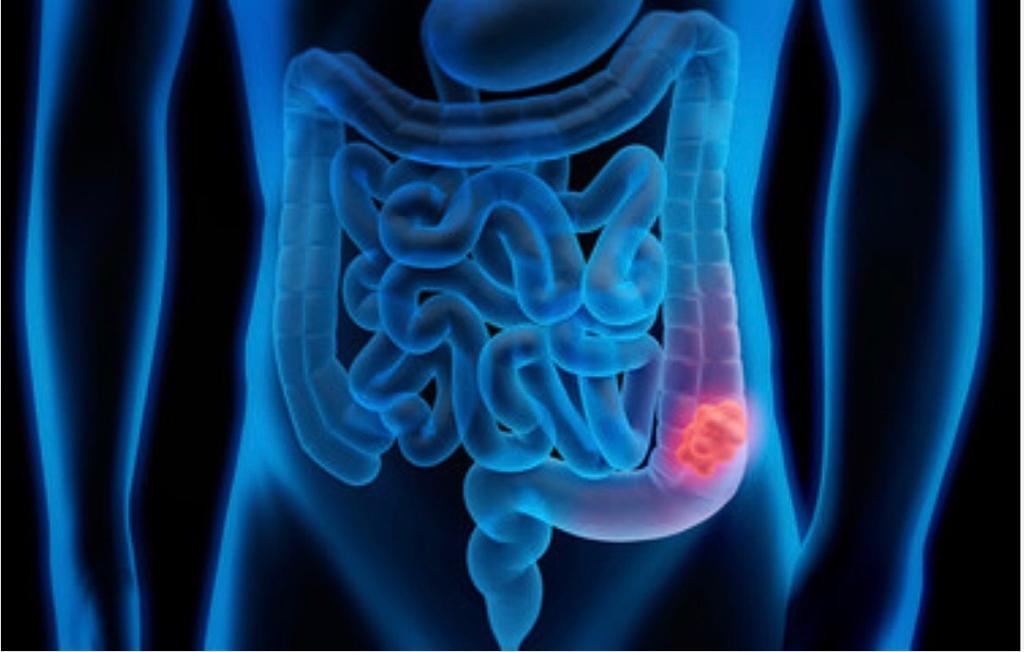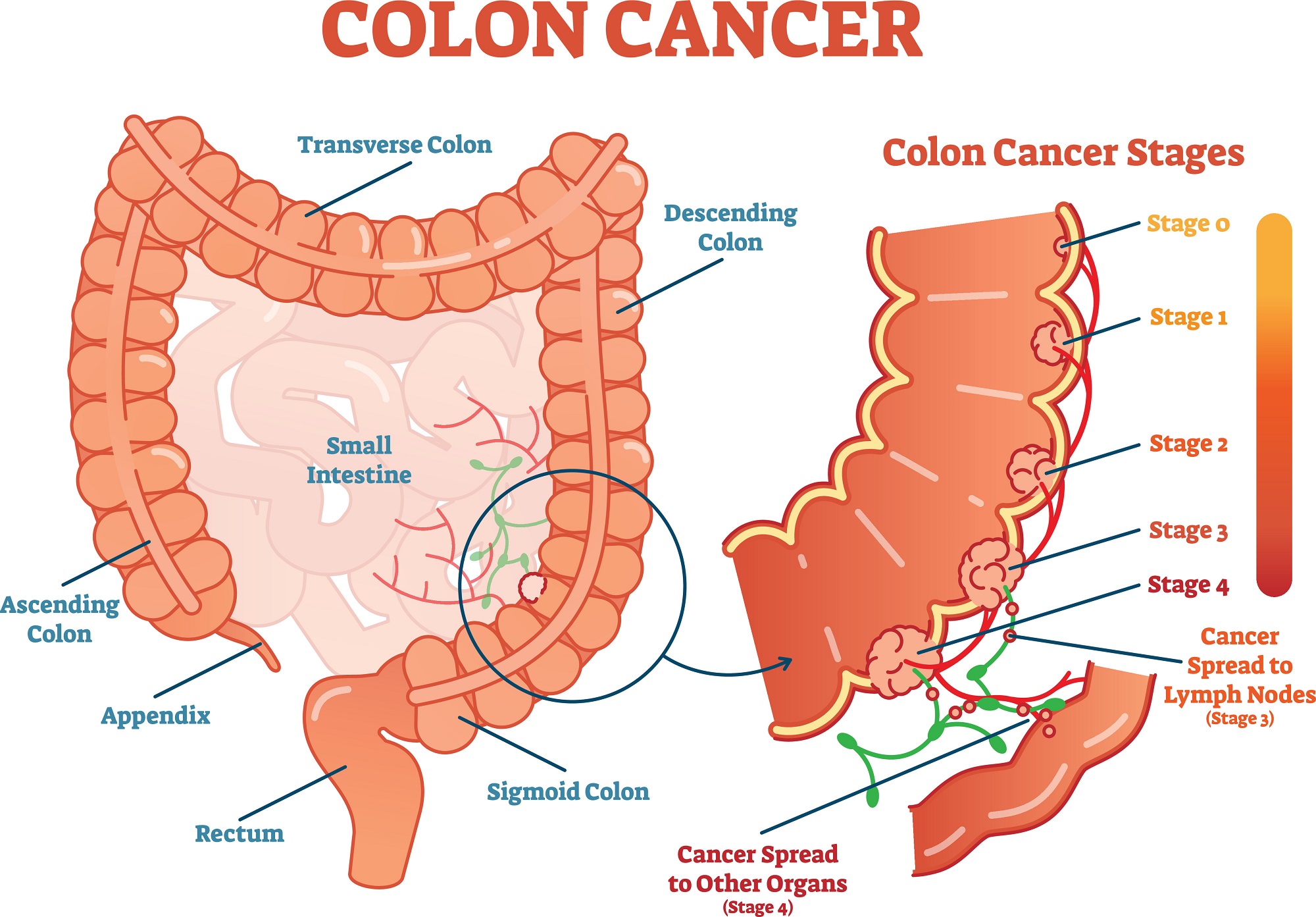The colon is part of the large bowel, which is part of the digestive system. Colon cancer usually start as small benign lumps called polyps that form on the inside of the colon. However, over time these polyps may tuen to cancer.
Based on statistics by the American Cancer Society, colon cancer will continue to rise. Approximately 101,420 people will have colon cancer in the near future.
Long ago, colon cancer was a rare disease in Africa. However, in the past few years, the incidence of this disease has increased, primarily in West Africa. However, the occurrence of colon cancer is still far less than those in European countries. The average age for colon cancer in Africa is between 43 to 46 years of age.
Types of colon cancer
Colon cancer may seem like a single type of cancer. However, different types of colon cancer exist. The majority of colon cancer may start–up in the form of Adenocarcinomas. They start from the cells of the lining inside the large intestine
Less common types of colon cancer include
Primary Colorectal Lymphomas
They are a type of non-Hodgkin lymphoma that form from lymphocytes (a type of white blood cell ) in the lymphatic system
Carcinoid tumours
They form in the nerve cells of the intestine responsible for regulating hormones. They can also be classified as neuroendocrine tumours.
Sarcomas
They form in the soft tissues or smooth muscles of the colon. This very rare type of colorectal cancer accounts for about 0.1 percent of all colorectal cases.
Gastrointestinal stromal tumours
This is a dangerous type of colon cancer that forms in the lining of the gastrointestinal (GI) tract called interstitial cells of Cajal (ICCs). More than 50 percent of GISTs develop in the stomach.
Diagnosis
It is important to diagnose colon cancer in its early stages. It also gives the best chance of getting rid of cancer. The doctor may follow a stepwise procedure to diagnose colon cancer.
Screening
It is advised that healthy people with no signs or symptoms go for certain screening tests. Finding colon cancer at its earliest stage provides the greatest chance for a cure. Screening has been shown to reduce the risk of colon cancer. There are several screening options, however a colonoscopy is one screening method that can be used to remove polyps before they turn to cancer.
The following can be used to diagnose colon cancer
Colonscopy
This uses a long, flexible and slender tube attached to a video camera to view your entire rectum and colon. If any abnormal areas are found, the doctor can take samples for testing.
Blood tests
The blood testing includes liver function tests and a complete blood count. With the help of the blood, testing reports, the doctor rules out other diseases or disorders.
Imaging tests
Once a diagnosis of colon cancer has been confirmed, your doctor may order imaging tests like CT, MRI and PET scans to determine the stage of the cancer and determine the right treatments for you.
Treatment
Treatments would depend on your particular situation and its stage.
Surgery
Minimally invasive surgery may be recommended if your colon cancer is very small. You may have a
- Polypectomy – where the cancer is localised and very early stage, it can easily be removed during a colonoscopy or
- Endoscopic mucosal resection – where larger polyps and as small amount of the inner lining of the colon are removed during colonoscopy.
- laparoscopic surgery – This is normally used for polyps that cannot be removed during a colonoscopy. Your surgeon makes small cuts in your abdomen and views your colon and nearby organs with a camera.
If the cancer is more advanced, you may have a partial colectomy (where the part of your colon that contains the cancer and a margin of normal tissue on either side of the cancer is removed ). You may also have an ostomy– which involves creating an opening in the wall of your abdomen from a part of your bowel so that stool can be eliminated into a bag fitted at the opening.
Chemotherapy
This uses cytotoxic drugs to kill cancer cells. It can be given before surgery to shrink a large tumour so that it can be easily taken out or given after surgery to kill any remaining cancer cells. It can also be used in combination with radiotherapy in people with advanced stomach cancer to help control symptoms.
Radiation Therapy
This uses high energy x-rays to kill cancer cells. This can be given before surgery (neoadjuvant radiation) to shrink a tumour so that it can be easily taken out or given surgery to kill any floating cancer cells. It can also be used in people with advanced stomach cancer to help control symptoms.
Targeted therapy
They can alter the way that cells work and help block specific abnormalities, which then help the body control the growth of cancer. A targeted drug may be used with chemotherapy to treat advanced colon cancer.
Immunotherapy
Your body’s immune system may not kill your cancer because the cancer cells produce proteins that prevent the immune system cells from recognizing the cancer cells. Immunotherapy works by triggering your immune system to kill the cancer cells. interfering with that process.
REFERENCES
- https://www.ncbi.nlm.nih.gov/books/NBK470380/
- https://www.ncbi.nlm.nih.gov/books/NBK65880/
- https://www.ncbi.nlm.nih.gov/pmc/articles/PMC6357054/
- https://www.ncbi.nlm.nih.gov/pmc/articles/PMC6009139/#:~:text=INTRODUCTION-,It%20seems%20not%20too%20long%20ago%20that%20colon%20and%20rectal,of%20colorectal%20cancer%20(CRC).
- https://pubmed.ncbi.nlm.nih.gov/10235221/


